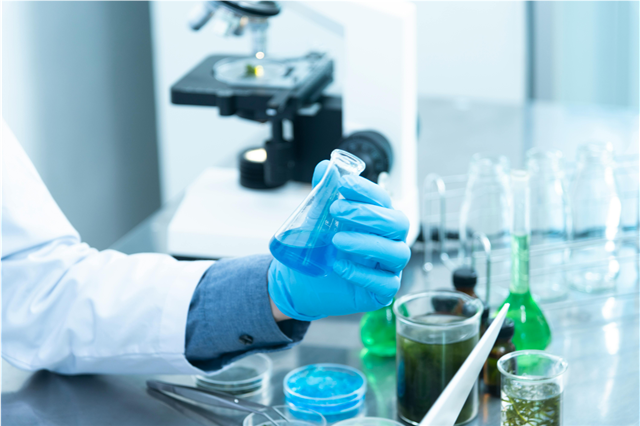
How does laboratory equipment help in quality control and assurance?
Quality control isn't just about checking boxes – it's about precision, reliability, and trust. At the heart of every successful quality assurance program lies sophisticated laboratory equipment that transforms guesswork into scientific certainty.
The Unsung Heroes Behind Product Excellence
Did you know that every pharmaceutical you take, every food item you eat, and every electronic device you use has been tested by specialized laboratory equipment before reaching your hands? This invisible guardian ensures that products meet stringent safety and performance standards.
Precision Instruments: The Eyes and Ears of Quality
Laboratory equipment serves as the sensory organs of quality control processes. Modern spectrophotometers can detect impurities at concentrations as low as parts per billion – equivalent to finding one grain of salt in an Olympic-sized swimming pool. This extraordinary sensitivity prevents defective products from reaching consumers while maintaining manufacturing efficiency.
Mass spectrometers, weighing molecules with incredible accuracy, can identify unknown compounds within complex mixtures containing thousands of different substances. These instruments work faster than human reflexes, analyzing samples in milliseconds while achieving accuracy rates exceeding 99.9%.
Automation Revolution: Speed Meets Accuracy
Today's quality control laboratories leverage automated testing systems that can process hundreds of samples simultaneously without fatigue or human error. Robotic arms work tirelessly 24/7, ensuring consistent results across millions of tests annually.
An interesting fact: automated liquid handling systems can pipette volumes as small as 0.1 microliters – about one-fiftieth the size of a single drop of water. This microscopic precision is crucial for detecting trace contaminants in pharmaceuticals or measuring active ingredients in consumer products.
Industry-Specific Quality Guardians
Food Safety: Protecting What We Eat
Contamination detection equipment can identify dangerous pathogens like E. coli and Salmonella in food samples within hours rather than days required by traditional methods. Real-time PCR machines amplify DNA sequences exponentially, making even minute quantities of harmful bacteria visible to analysts.
Modern chromatography systems separate and identify hundreds of chemical compounds in food samples simultaneously, ensuring everything from pesticide residues to nutritional content meets regulatory standards. These systems process over 1,000 samples daily in large testing facilities, safeguarding public health on a massive scale.
Pharmaceutical Excellence: Life-Saving Accuracy
In pharmaceutical manufacturing, high-performance liquid chromatography (HPLC) equipment maintains drug purity standards with 99.9% accuracy, literally meaning the difference between life and death for patients relying on these medications.
Interesting tidbit: dissolution testing equipment mimics human digestive processes to ensure medications release active ingredients properly. These sophisticated systems maintain body temperature and pH levels precisely, guaranteeing drugs perform consistently across different patient populations.
Manufacturing Reliability: Building Tomorrow's Technology
Electronics manufacturers rely on scanning electron microscopes capable of imaging objects at resolutions down to individual atoms to detect microscopic defects in computer chips. These powerful instruments ensure the smartphones, computers, and medical devices we depend on function flawlessly.
Material testing equipment applies controlled stress forces exceeding several tons while monitoring product responses with nanometer precision – critical for aerospace components where failure isn't an option.
Data-Driven Decision Making
Modern laboratory equipment doesn't just test; it thinks. Artificial intelligence integrated into testing systems learns from millions of previous analyses, automatically adjusting parameters for optimal results and flagging unusual patterns that might escape human attention.
Real-time data integration allows manufacturers to adjust production processes instantly when quality deviations occur, preventing costly recalls while maintaining efficiency. Some systems make thousands of automatic adjustments hourly based on continuous testing feedback.
Statistics reveal that companies using advanced laboratory equipment reduce product defect rates by up to 85% compared to manual inspection methods alone.
Future of Quality Assurance
Emerging technologies promise even greater capabilities:
- Quantum sensors offering unprecedented measurement precision
- Portable testing devices bringing laboratory capabilities to production floors
- Blockchain integration ensuring tamper-proof quality records
The Bottom Line
Laboratory equipment transforms quality control from reactive inspection to proactive prevention. These technological marvels don't just test products – they protect consumers, optimize manufacturing processes, and build brand trust through measurable excellence.
Next time you use any manufactured product, remember: behind every quality-assured item stands an array of sophisticated laboratory instruments working tirelessly to guarantee your safety and satisfaction.
Quality assurance through laboratory equipment represents humanity's commitment to excellence, combining cutting-edge technology with rigorous scientific methodology to deliver products we can trust implicitly.
Ready to enhance your quality control processes with advanced laboratory solutions? The future of reliable manufacturing starts with precision instrumentation today.



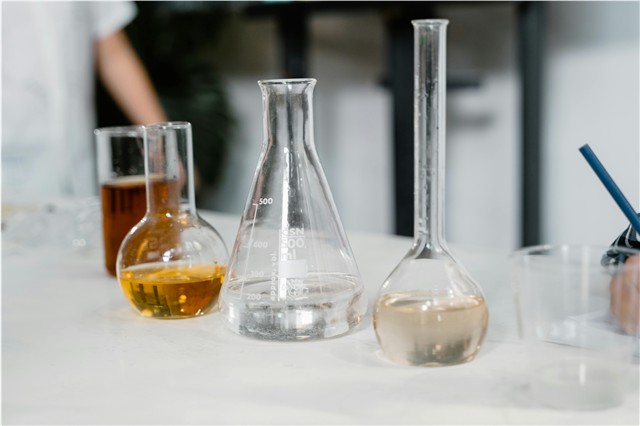
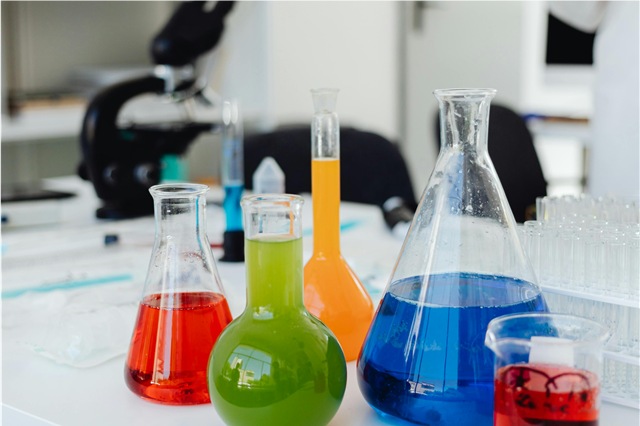
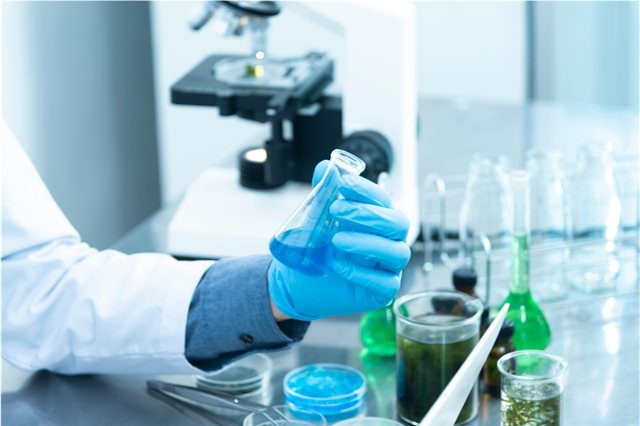
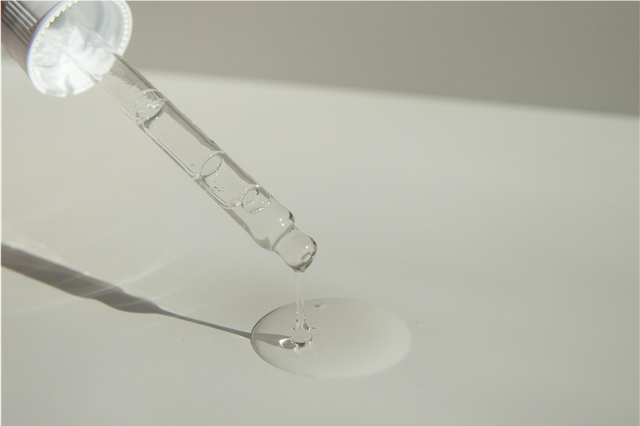
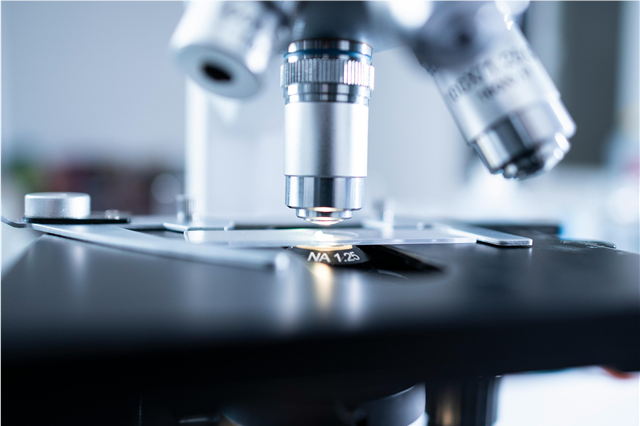
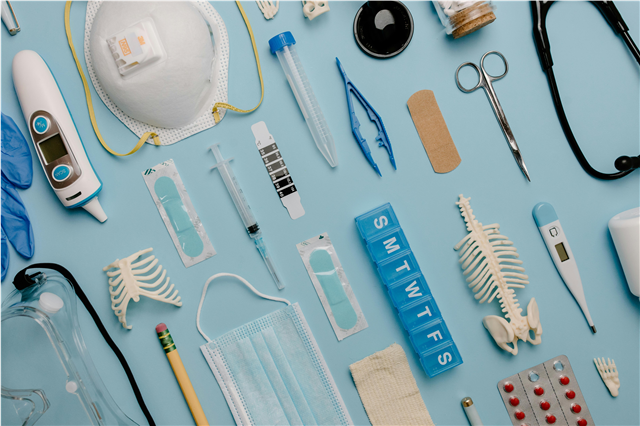







Post Comment